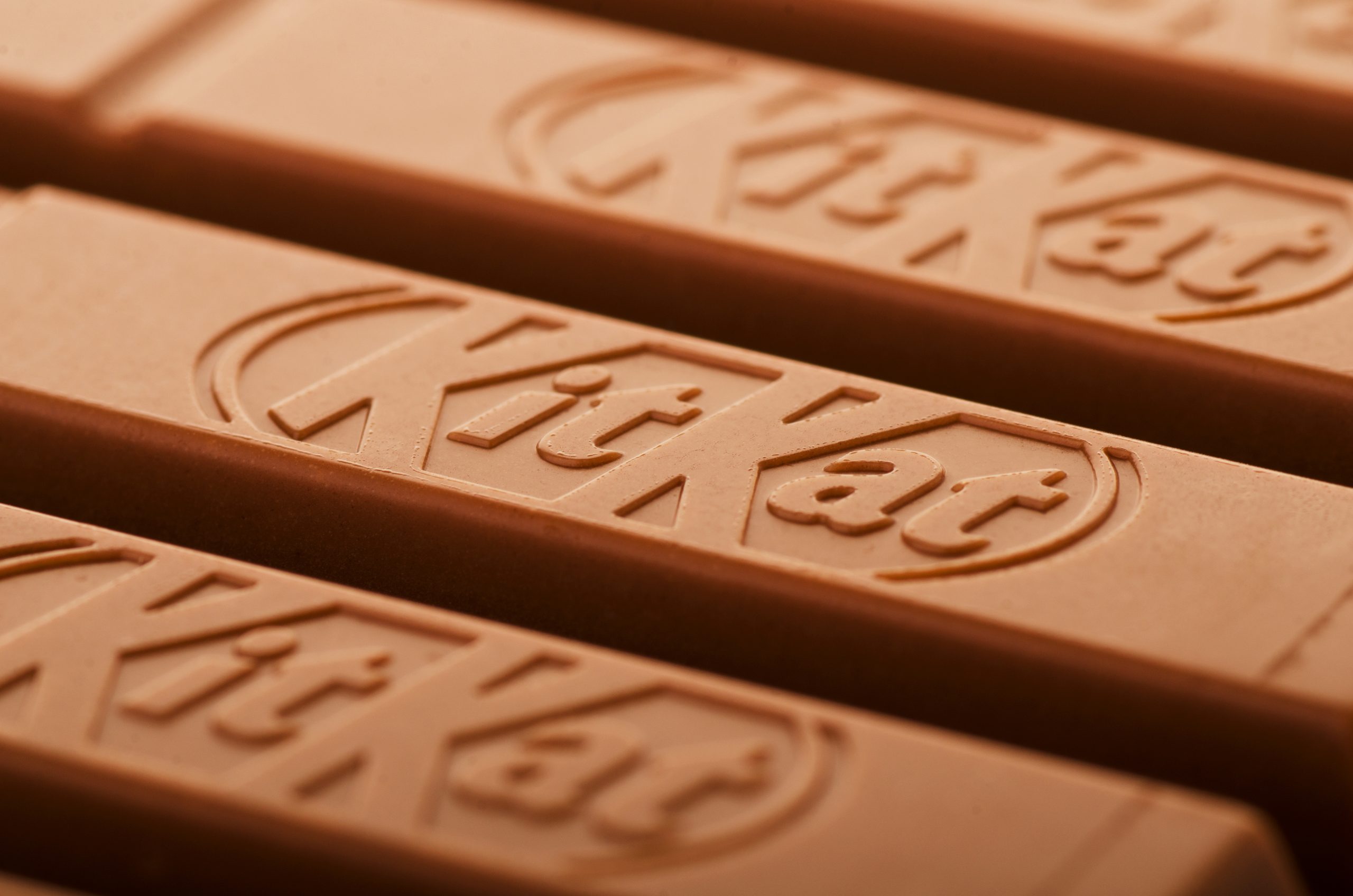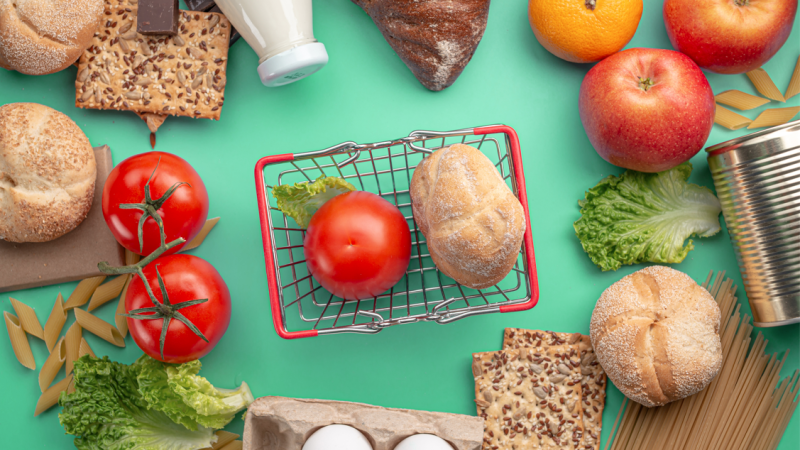The four companies will continue providing essentials, with Mondelez aiming to help to maintain “continuity” of the Russian food supply.
Cigarette maker Imperial Brands suspended operations in Russia, but rival Philip Morris said it would scale down manufacturing.
Camel maker British American Tobacco said its business in Russia continues to operate, even though it has suspended capital investment.
Sony, whose movie studio has already stopped releases in Russia, says its PlayStation gaming unit would stop shipments and operations in Russia.
“Sony Interactive Entertainment joins the global community in calling for peace in Ukraine,” it said.
Many businesses face difficulty working in Russia due to sanctions and a lack of shipping, in addition to pressure from consumers and investors, and describe ending work in Russia in more practical terms, without blaming the Russian government for attacking Ukraine.
Heavy equipment maker Deere & Co, saying it was “deeply saddened by the significant escalation of events in Ukraine,” announced it had ended shipments to Russia two weeks ago, and subsequently to Belarus. It said it would follow US and international sanctions.
Caterpillar said it was suspending business as supply chain disruptions and sanctions made business difficult and 3M followed suit after reassessing its business in Russia.
Rio Tinto has announced it is terminating all commercial relationships with Russian businesses, and hotel companies Hilton Worldwide Holdings and Hyatt Hotels said they would suspend development in Russia.
Coca-Cola and McDonald’s halted sales in Russia on Tuesday. McDonald’s said the temporary closure of its 847 stores in the country would cost it $50m a month.
Yum Brands, parent of fried chicken giant KFC, said it was pausing investments in Russia, a market that helped it achieve record development last year.
Carlsberg said it was suspending Russian brewing of its namesake brand of beer while keeping its Russian Baltika brand operating.
“We feel a moral obligation to our Russian colleagues who are an integral part of Carlsberg, and who are not responsible for the actions of the Government,” Carlsberg said, adding it was withdrawing financial guidance for the year.
In response to the exodus, Andrei Turchak, secretary of the ruling United Russia party’s general council, warned Moscow might nationalise idled foreign assets.
“United Russia proposes nationalising production plants of the companies that announce their exit and the closure of production in Russia during the special operation in Ukraine,” Turchak wrote in a statement published on the party’s website.
“We will take tough retaliatory measures, acting in accordance with the laws of war,” Turchak said.
While the war in Ukraine and the sanctions have bolstered prices for commodities that Russia exports such as oil, natural gas and titanium, those sanctions have largely barred Moscow from taking advantage of the high prices.








